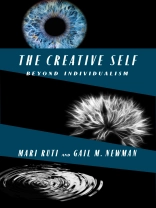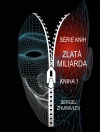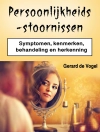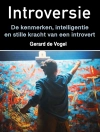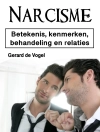“Be the best you can be!” Practically from the moment we are born, we are taught to optimize our lives—to devote ourselves to increasing our productivity and efficiency, which, we are told, will make us happier and more successful. The imperative of constant self-improvement, however, drains us dry even as it promises to build us up.
The Creative Self delves into the hegemony of neoliberal self-optimization and turns to psychoanalysis in search of an alternative. In paired chapters, Mari Ruti and Gail M. Newman examine the works of the psychoanalysts Marion Milner and Donald W. Winnicott. They provide deeply personal accounts of how these thinkers resonate with day-to-day life, exploring modes of selfhood that subtly but profoundly resist the lure and escape the trap of competitive individualism. Milner urges us to relinquish the ego in the face of loss and lack, and Winnicott asks us to accept the paradoxes of the self instead of demanding their resolution. Together, their insights help us flourish where neoliberal self-improvement would stifle us. Combining the intellectual, the personal, and the political from two perspectives that converge and diverge in striking ways, this book offers an antidote to transactional individualism and envisions forms of creative living beyond its confines.
Table des matières
Preface
Introduction: The Creative Self and Neoliberalism
1. Marion Milner’s Poetics of Being, by Mari Ruti
2. “Asking for Paradox to Be Respected”: Winnicott’s Creative Self, by Gail M. Newman
Conclusion
Notes
Index
A propos de l’auteur
Mari Ruti (1964–2023) was Distinguished Professor of Critical Theory and of Gender and Sexuality Studies at the University of Toronto. A leading interdisciplinary theorist, she wrote many books, including The Call of Character: Living a Life Worth Living (Columbia, 2013) and Penis Envy and Other Bad Feelings: The Emotional Costs of Everyday Life (Columbia, 2018).Gail M. Newman is the Harold J. Henry Professor of German and Comparative Literature at Williams College. She has published extensively on German Romanticism, modern Austrian literature, and links between literature and psychoanalysis.
